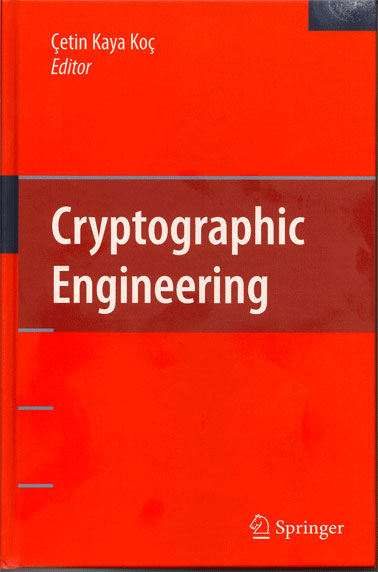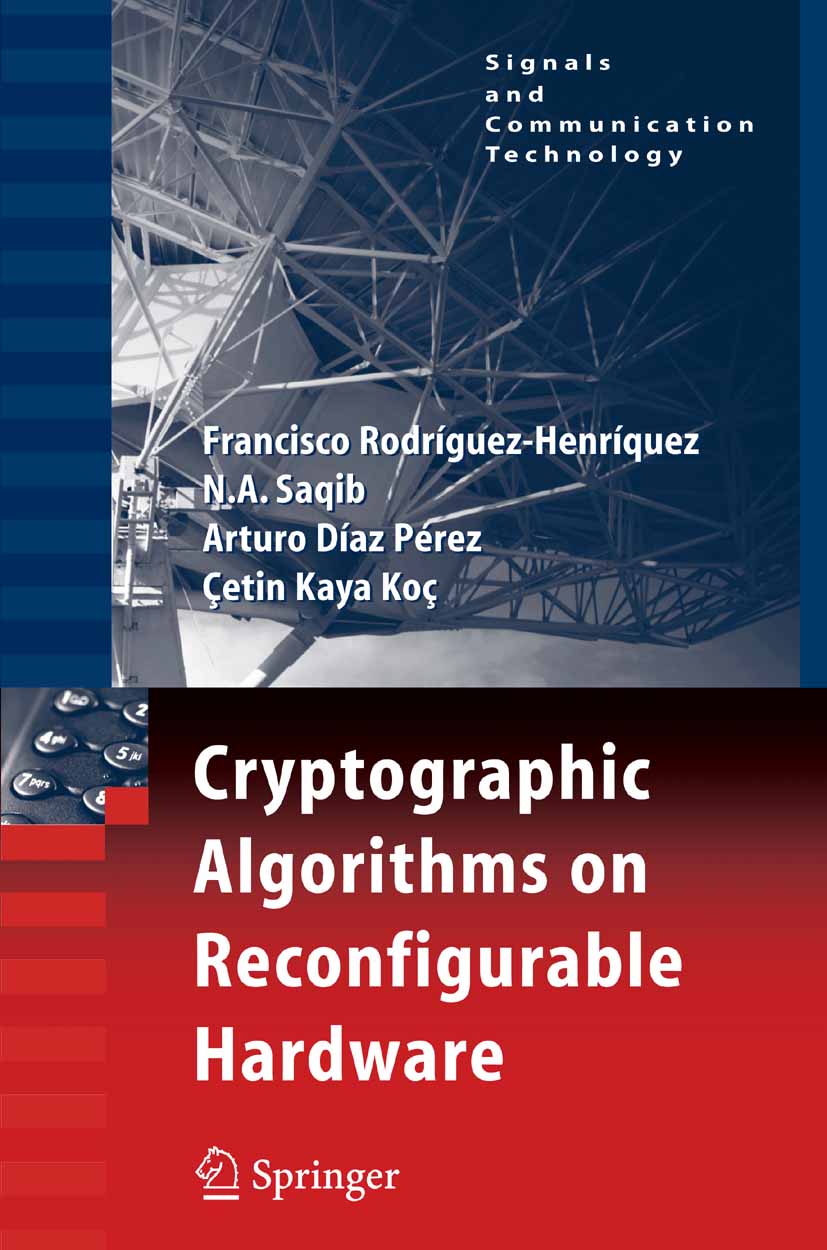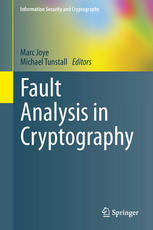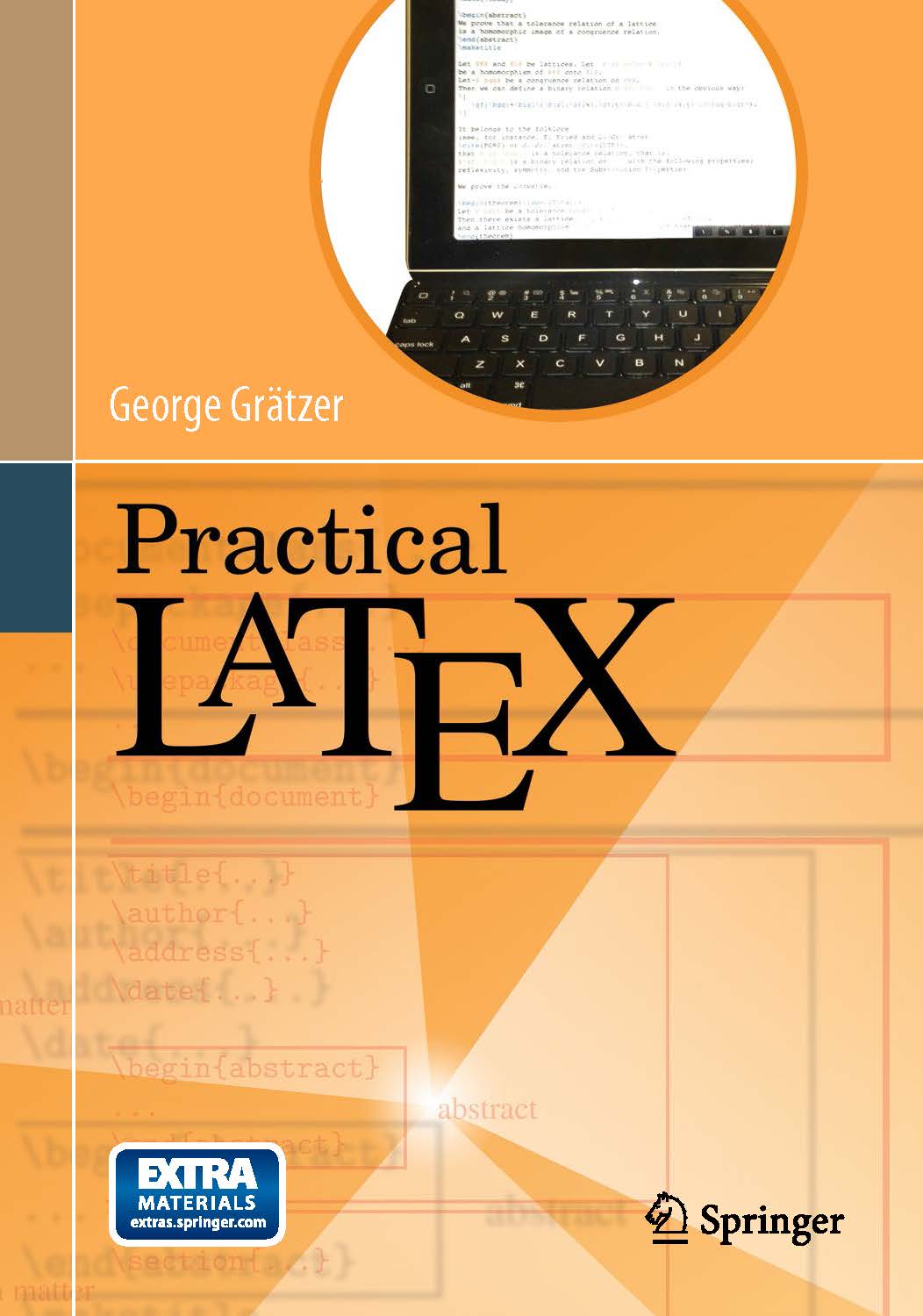Cryptographic Engineering
Department of Computer Science
University of California Santa Barbara
http://koclab.cs.ucsb.edu/teaching/cren
Announcements
- Instructor: Professor Koç
→ Koç is pronounced as "Coach"

- Schedule and Classroom:
Tuesday and Thursday 1:00-2:50pm; Phelps 3526
- Office Hours: Wednesdays 4:00-6:00pm
→ Office: HFH 1119
- A 2-page flier about the course:
cren.pdf
←
- Check the class website and the
Piazza
once a day ←
- The grades: Spring18.htm
→
The "Code" is equal to the perm number mod 9973 for regular UCSB Students
and the last 3 digits of the perm number for Extension Students
Project
Homework Assignments
There will be 4 homework assignments.
Either, you can bring a paper copy to the class,
or upload the electronic copy of your homework via the
given Dropbox link. You can scan/pdf your handwritten work;
however, do not send low-resolution or small phone-camera images.
- Homework Assignment 01:
hw01.pdf - due April 20 Friday 11pm
- Homework Assignment 02:
hw02.pdf - due May 4 Friday 11pm
- Homework Assignment 03:
hw03.pdf - due May 29 Tuesday 11pm
- Homework Assignment 04:
hw04.pdf - due June 7 Friday 11pm
Weekly Course Plan
The papers and presentations are here: docx
←
- Week 1: Numbers, Groups, and Fields;
a01numbers, a02crt, a03groups, a04fields
- Week 2+3+4: PKC, Digital Signatures, Cryptographic Protocols;
b01pkc, b02dh, b03rsa, b04rabin, b05elgamal, b06proto, b07phom,
b08ecc, b09dsig, b10elgamal
- Week 5+6+7: Computational Requirements, Exponentiation; Finite
Field Arithmetic
c01creq, c02exp, c03gfp, c04gf2k
- Week 8 Side-Channel Attacks and Countermeasures;
d01sca, d02power, d03timing, d04fault, d05maa
- Week 9: Karatsuba, Spectral, RNS Arithmetic;
c05karat, c06spectral, c07rns
- Week 10: Random Number Generators;
e01intro, e02drng, e03lcg, e04ca, e05number, e06trng
- Week 10: Research Discussions and Projects
f01research PDF
Description
Cryptography provides techniques, mechanisms, and tools for private and
authenticated communication, and for performing secure and authenticated
transactions over the Internet as well as other open networks. It is highly
probable that every single bit of information flowing through our networks
will have to be either encrypted and decrypted or signed and authenticated
in a few years from now.
This infrastructure is needed to carry over the legal and contractual
certainty from our paper-based offices to our virtual offices existing in
the cyberspace. In such an environment, server and client computers as well
as handheld, portable, and wireless devices will have to be capable of
encrypting or decrypting and signing or verifying messages. That is to say,
without exception, all networked computers and devices must have cryptographic
layers implemented, and must be able to access to cryptographic functions
in order to provide security features. In this context, efficient (in terms
of time, area, and power consumption) hardware and software
structures will have to be
designed, implemented, and deployed. Furthermore, general-purpose
(platform-independent) as well as special-purpose software implementing
cryptographic functions on embedded devices are needed. An additional
challenge is that these implementations should be done in such a way to
resist cryptanalytic attacks launched against them by adversaries having
access to primary (communication) and secondary (power, electromagnetic,
acoustic) channels.
This course is designed for computer science, computer engineering,
electrical engineering, and mathematics students interested
in understanding, modeling, designing, developing, testing, and validating
cryptographic software and hardware. We study algorithms, methods, and
techniques in order to create state-of-art cryptographic embedded software
and hardware using common platforms and technologies.
Topics
- Public-Key Cryptography:
Fundamentals and algorithms for public-key
cryptography RSA, Rabin, Diffie-Hellman, and elliptic curve
cryptography.
Cryptanalysis of public-key cryptographic algorithms.
Factoring and discrete logarithm.
Key length issues for public-key cryptographic algorithms.
- Multi-precision Integer Arithmetic:
Arithmetic with large numbers.
Exponentiation algorithms and addition and subtraction chains.
Non-adjacent forms.
Montgomery multiplication.
Hardware and software implementation of
arithmetic methods for cryptographic applications.
Cryptographic co-processors.
- Galois Fields:
Properties of finite fields.
Finite fields of p and p^m elements.
Representations of field elements.
Polynomial, normal and optimal normal bases.
Algorithms for performing addition, multiplication, and inversion.
Hardware and software methods for realizing finite field operations.
Sub-quadratic methods.
- Deterministic and True Random Number Generators:
True, deterministic, hybrid random number generators (RNGs).
Linear congruential and cellular automata RNGs.
Number-theoretic DRNGs, RSA, Rabin, Blum-Blum-Shub,
and Rabin DRNGs. Fundamentals of TRNGs.
Design and evaluation criteria for TRNgs.
- Side-Channel Attacks and Countermeasures:
Side-channel attacks and countermeasures.
Power, timing, electromagnetic, fault attacks.
Simple power and differential power attacks and countermeasures.
Timing attacks and countermeasures, RSA, Montgomery subtraction.
Fault attacks and countermeasures Safe-error and GCD Attack
Micro-architectural attacks and countermeasures.
Cache and branch prediction attacks and countermeasures.
Books





- Ç. K. Koç.
Cryptographic Engineering, Springer, 2009.
- F. Rodríguez-Henríquez, A. D. Pérez, N. A. Saqib and
Ç. K. Koç.
Cryptographic Algorithms on Reconfigurable Hardware, Springer 2007.
- C. Rebeiro, D. Mukhopadhyay, and S. Bhattacharya.
Timing Channels in Cryptography, Springer 2015.
- M. Joye and M. Tunstall.
Fault Analysis in Cryptography, Springer 2012.
- G. Grätzer.
Practical LaTeX, Springer 2014.
Notes, Conferences, Proceedings, Journals, & Archives
Grading
- Homework Assignments: 60 %
- Project: 40 %
Prerequisites
This class is open to all graduate students.
Undergraduate students who have taken CS 178 are also allowed.
Other students: Please contact the Instructor.
Academic
Integrity at UCSB ←
https://koclab.net/koc.html
E-mail:
 Tel: (805) 893 7426
Office: HFH 1119
Tel: (805) 893 7426
Office: HFH 1119
|





